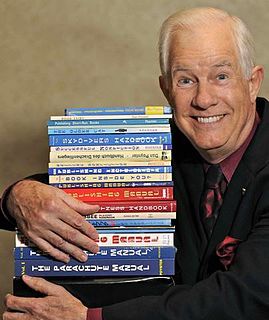A Quote by Glenn Danzig
Comics are printed on paper, which is expensive, making it tough to stay in business.
Related Quotes
In early comics, you see the amazing awkwardness and bizarre reasoning in the storyline, and it's because comics hadn't really been invented yet. There was no format for them to follow. They were just making it up. So I try to incorporate that kind of awkwardness in my comics quite frequently, which is odd. In some ways, I can't be as awkward as I'd like. But I do think that's one way in which my comics are unusual, because I will try to make the artwork look bad, occasionally.
Printing and transporting paper is very expensive, and e-books eliminate the expensive four-color printing, the higher quality paper, the ocean shipping, the customs clearance, the inventory, answering the telephone, writing up the orders, picking, packing and shipping and managing all of these functions. So we eliminate a huge number of costs and the chance that those books won't sell.
More paper money cannot make a society richer, of course, – it is just more printed-paper. Otherwise, why is it that there are still poor countries and poor people around? But more money makes its monopolistic producer (the central bank) and its earliest recipients (the government and big, government-connected banks and their major clients) richer at the expense of making the money's late and latest receivers poorer.




































